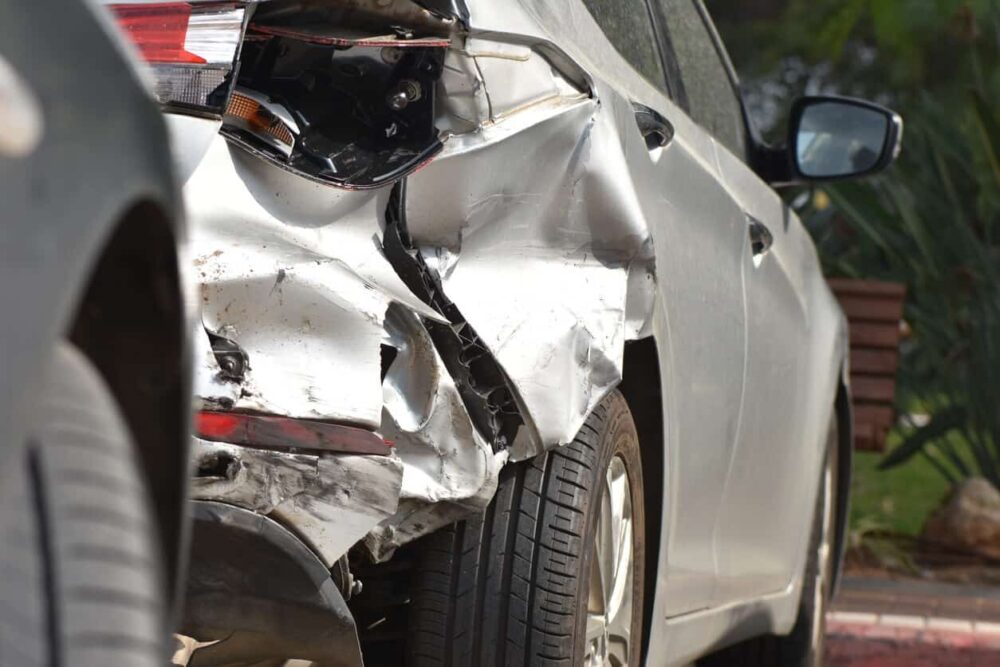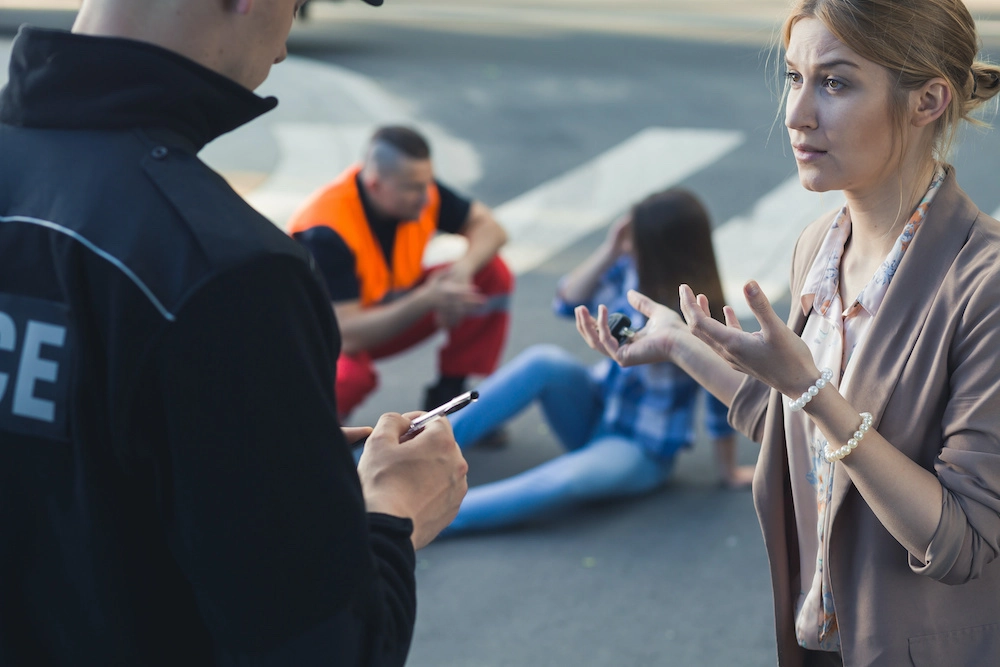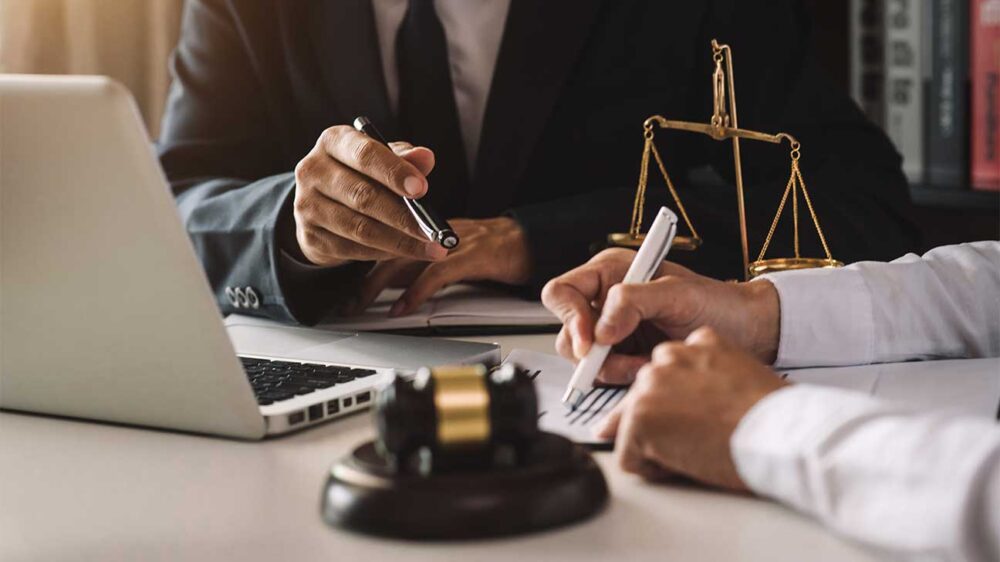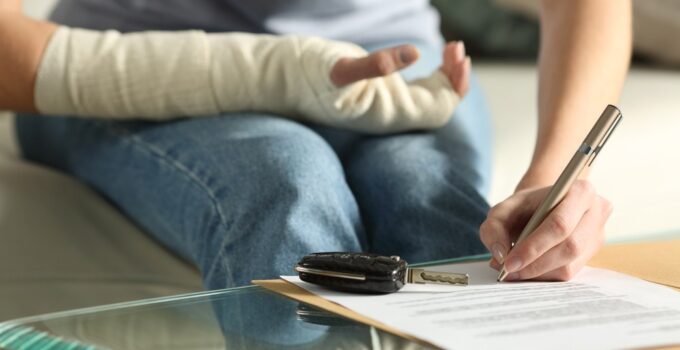In today’s fast-paced world, the average person might spend anywhere from 10 to 60 minutes commuting to and from work daily. While that may not seem like a lot of time, it can add up to over a year. The average American spends about an hour and 20 minutes driving every day. With so much time spent in the car, it’s essential to know what steps to take after you are involved in a car accident. Fortunately, most auto insurance policies have personal injury and collision coverage as standard.
If you’ve been involved in an accident, these two types of coverage can be incredibly beneficial when it comes time to file a claim with your insurance company. In this blog post, we’ll discuss four tips for claiming the maximum compensation after a car accident based on personal injury and collision coverage. Callcefali.com is a husband-and-wife team with decades of personal injury experience and knowledge so be sure to contact real professionals.
Don’t Immediately Assume Your Car is a Total Loss

Source: coloradolaw.net
One of the first things you should do after an accident is to ensure that your vehicle is adequately assessed. It’s important to note that just because your car has sustained some damage doesn’t mean it’s a total loss. Depending on the type of damage that’s been done, it may be repairable. Even if you’re only responsible for a small amount of damage, the other driver’s insurance company might try to make you repair the whole car. You should ensure a mechanic properly assesses your vehicle before filing any claims. If your car is repairable, you’ll have to get the damage fixed, but you’ll likely be able to get all the necessary parts through your insurance company. If your car is not repairable, you can still file a claim, just like you would if your vehicle was repairable.
Document the Condition of Your Car Before and After the Accident
When you file your car accident claim, you’ll want to ensure you have documented proof of the pre-accident condition of your car. This includes the mileage, the age, and a detailed list of the damages and repairs that have been done to your car. You may also want to take pictures of the damage to your vehicle before you have it repaired. This documentation will help show your insurance company that the damage was already there before the accident. It will also help you get the full amount of compensation for your car accident claim since you’ll have proof of the pre-accident condition of your car. You can also use this documentation to help make sure your insurance company is paying you the full amount you’re entitled to. If your insurance company thinks you didn’t sustain any damage to your vehicle, they may try to give you less money. Having documented proof can help you get the correct amount.
Collect Witnesses’ Information

Source: steinberginjurylawyers.com
You should try to get their information if there were any witnesses to your car accident. You can ask them to give you their full name, phone number, and address. This will help you contact them later if you need to verify their information. If you have any witnesses to the car accident, you should try to get their information. You can do this by stopping them after the accident, or you can ask them to stay and be a witness. You can also try to get their information from the police officer who arrives on the scene after the accident. You should try to get their information if there are any witnesses to your car accident. Doing this will help you contact them later if you need to verify their information.
Check to See Whether You’re Eligible for Compensation Based on Collision Coverage
If you have collision coverage on your car insurance, you may be able to receive compensation for the cost of repairing or replacing your vehicle. You may also be entitled to additional coverage depending on the amount of coverage you have on your policy. One of the great things about collision coverage is that you can use it anytime, even if you weren’t at fault for the accident. On the other hand, you may only be able to use your injury coverage if you were involved in an accident that was the other driver’s fault. You may also need it if you are injured in an accident and need to visit the doctor. The compensation you can receive for repairs or replacement costs of your car will vary based on your insurance policy. All insurance companies are different, so you should check your policy to see how much collision coverage you have.
Check to See Whether You’re Eligible for Compensation Based on Personal Injury Coverage

If you’ve been injured in a car accident, you may be able to receive compensation for medical bills, lost wages, and other expenses related to your injuries. The compensation you receive will depend on the coverage you have on your insurance policy. You’ll want to check with your insurance company to see how much coverage you have on your injury coverage. The more coverage you have, the more compensation you may be able to receive. If you have a small amount of coverage, you may not be able to receive enough money to cover all of your expenses. All insurance companies are different, so you should check your policy to see how much personal injury coverage you have.
Bottom line
A car accident can be a scary and stressful experience for all parties involved, including the drivers, passengers, and pedestrians who may have been hurt in the accident. Fortunately, most car insurance policies come equipped with standard personal injury coverage and collision coverage. If you’ve been involved in an accident, these two types of coverage can be incredibly beneficial when it comes time to file a claim with your insurance company. Remember to don’t immediately assume your car is a total loss, document the condition of your vehicle before and after the accident, collect witnesses’ information, and check to see whether you’re eligible for compensation based on collision or personal injury coverage.




